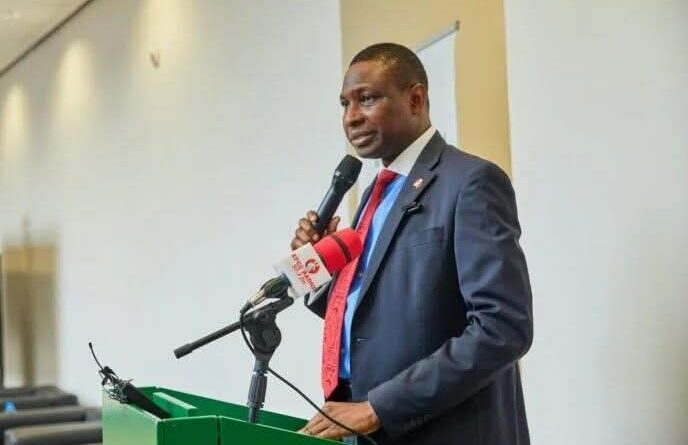Most houses in highbrow Asokoro & Maitama are owned by civil servants according to EFCC investigations & statistics
The Executive Chairman of the Economic and Financial Crimes Commission (EFCC), Ola Olukoyede, has announced that the commission will intensify its focus on investigating senior civil servants, whom he described as central figures in large-scale public sector corruption.
Speaking in an interview with journalist Babajide Otitoju, Olukoyede said internal surveys conducted by the commission revealed that many high-end properties in Abuja’s elite neighborhoods — including Maitama and Asokoro — are owned by civil servants, despite their modest official earnings.
“Statistics have shown — because we carried out a survey on real estate in Abuja — that most houses in affluent areas like Maitama and Asokoro are owned by civil servants, and we have the evidence to prove that,” Olukoyede stated.
He noted that while political appointees often draw public attention, the true long-term actors in financial misconduct are entrenched bureaucrats, whom he referred to as the “establishment people.”
“We have discovered it is important to beam our searchlight on the core people — directors, permanent secretaries. Political appointees come and go, but these individuals remain in the system and often drive the schemes,” he added.
Citing a recent investigation into a federal ministry, the EFCC Chairman revealed that while ₦33 billion was misappropriated, only ₦3 billion was linked to the minister. The bulk of the stolen funds, he said, was traced to senior civil servants, including directors of finance and procurement.
Olukoyede also addressed criticism that the EFCC has focused too heavily on internet fraud, commonly referred to as “Yahoo Yahoo,” while neglecting high-level corruption.
“We acknowledge the issue of cybercrime, but let’s be clear — corruption in public service is deeply rooted. And the private sector is just as complicit. But corruption among the political class often cannot occur without the active connivance of these senior civil servants,” he said.





